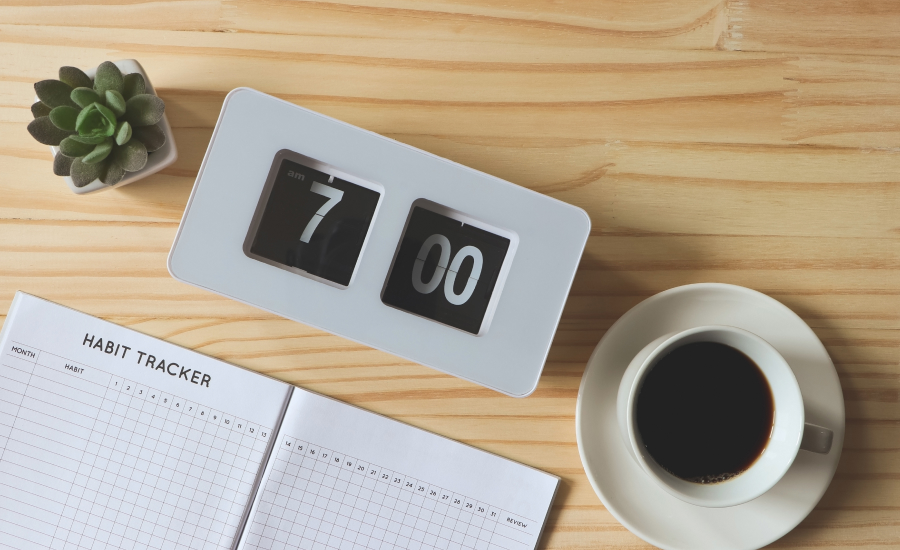Learning to say no is an essential life skill. It is an important part of self-care and setting boundaries. Being able to say no means that you can protect your time and energy from excessive demands, prioritize your obligations, and set healthy boundaries. It can be difficult to say no in the face of social pressures, fear of disappointing others, or a lack of confidence. However, it is important to be honest, and direct when it counts. This article will explore the benefits of learning to say no, the reasons for it, the challenges to doing it, and strategies for saying no.
I. Introduction
A. Definition of “saying no”
Saying no is a way of expressing refusal or disagreement. It is an important part of communication and can set boundaries, protect your time and energy, and prioritize obligations.
B. Benefits of learning to say no
Learning to say no can have a range of benefits. It can help to protect your time and energy from excessive demands, prioritize your obligations, and set healthy boundaries. It can also help to build self-confidence, as it requires you to be honest and direct when it counts.
II. Reasons to Say No
A. Protecting your time and energy
One of the most important reasons to learn to say no is to protect your time and energy from excessive demands. Being able to say no means that you can prioritize your obligations and make sure that you are not overcommitting yourself. This can help reduce stress and ensure you get the rest and relaxation you need.
B. Prioritizing obligations
Saying no can also help you to prioritize your obligations. It can be difficult to manage multiple tasks and commitments, but being able to say no can help you to focus on the most important things. This can help to ensure that you are able to get the most important things done and that you are not overburdened by too many tasks.
C. Setting boundaries
Learning to say no can also help to set healthy boundaries. It is important to be able to express your needs and to set limits on what you are willing to do. Being able to say no can help to ensure that your boundaries are respected and that you are not taken advantage of.
III. Challenges to Saying No
A. Fear of disappointing
One of the biggest challenges to saying no is the fear of disappointing others. It can be difficult to say no when you know that someone may be expecting you to say yes. This can be especially true in relationships or in situations where there is a power imbalance. It is important to remember that it is okay to set boundaries and that saying no does not make you a bad person.
B. Social pressures
Another challenge to saying no is social pressure. It can be difficult to say no in certain situations, especially when you feel like you are being judged or pressured by others. It is important to remember that it is okay to stand up for yourself and that you do not have to do something just because others expect it.
IV. Strategies for Saying No
A. Be honest
When it comes to saying no, it is important to be honest. It is okay to express your needs and to set limits on what you are willing to do. It is also important to be respectful when saying no. It is okay to be firm, but it is also important to respect the other person’s feelings.
B. Be direct
It can also be helpful to be direct when saying no. This means that you should be clear and concise in your communication. You should also avoid giving long explanations or making excuses. This can help to ensure that your message is clear and that you are not giving mixed signals.
C. Offer alternatives
Finally, it can be helpful to offer alternatives when saying no. This can help to soften the blow and to ensure that the other person feels heard and respected. It can also help to maintain relationships and to ensure that the other person does not feel like they have been dismissed or ignored.
V. Conclusion
A. Summary of the importance of learning to say no
In conclusion, learning to say no is an important life skill. It can help to protect your time and energy, prioritize your obligations, and set healthy boundaries. It can also help to build self-confidence, as it requires you to be honest and direct when it counts.
B. Encouraging readers to practice saying no
It can be difficult to say no, but it is an important part of self-care. We encourage readers to practice saying no in a respectful and direct manner. This can help to ensure that your time and energy are respected and that you can prioritize your obligations.



